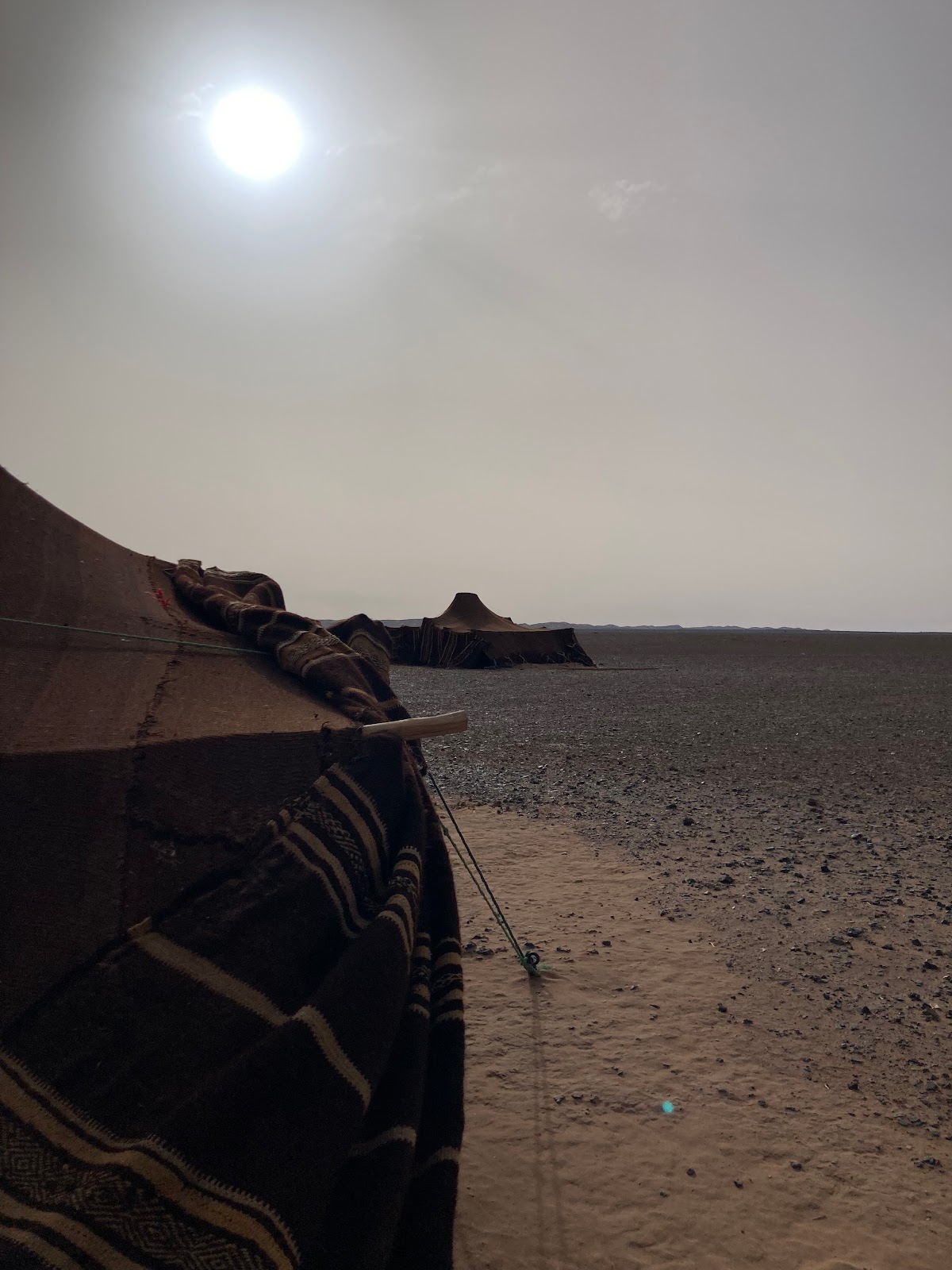Saharan Amazigh Tribes and the fight for survival

The nomadic communities in the Sahara Desert are resilient groups despite their life circumstances. Unlike other citizens, the mostly native Amazigh people suffer from resource scarcity, lack of access to healthcare, and now, the effects of climate change. Traditional nomadic communities are groups of small families that have no permanency. Given their frequent travel and movement, there are no designated schools or educational interventions for these individuals. There is no infrastructure in the desert, and Amazigh families often send their children away to the closest towns for formal schooling. There is no hospital or traveling clinic to treat the sick. Though these families have roamed the sand dunes for centuries, due to Morocco's conflict with Algeria, their land access has been restricted. These days, full access to the bordering Atlas Mountains, where water and forage are in abundance for the region, has been denied. ...



